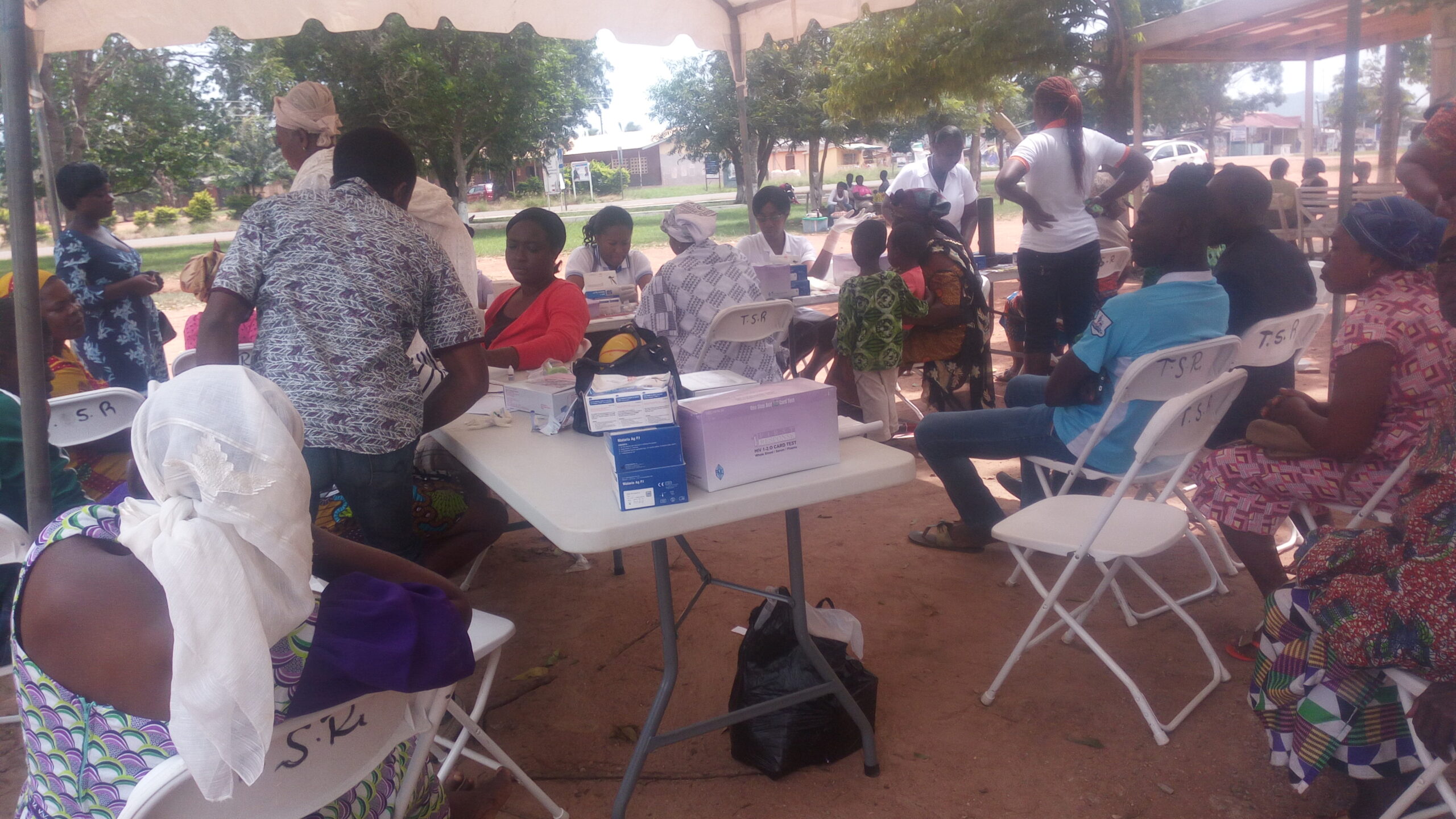
Project Name: Coming out Proud – tackling self-stigma amongst MSM
Donor: US Embassy – Accra
Project Timeframe: April 2018 through September 2018
Partners: WAAF
Geographical Scope: Western and Eastern Region of Ghana
Project Goal/Objective: Empowering MSM to address self-stigma as a gateway to enhancing health and wellness.
Rationale / Evidence for the need for the project: The MSM community in Ghana experiences various forms of stigmatization and discrimination and many of such cases involve abuse of basic human rights. Over the years, therefore different interventions have been deployed by various entities to tackle stigma and discrimination however within all of these, Self-Stigma has not received the necessary attention. As such this has continued to remain a huge barrier for MSM accessing services such as quality health care. As one of the few entities equipped to provide services across the HIV care cascade, WAAF is realizing more and more how Self Stigma amongst the MSM community continues to be a major obstacle not only for MSM accessing care but also in complementing the efforts of other programs seeking to address barriers to quality health care.
Results / Outcomes: 2 support MSM support groups formed in the Western Region. These groups meet regularly and form a place where MSM feel comfortable discussing issues of concern to them especially in relation to health. They get advice and support from group members who through the project have undergone capacity building in various areas such as:
- Pros and Cons of living openly as an MSM with or without HIV
- homophobia communication skills
- sexism assertiveness training
- Workplace issues and many more
- 1 vibrant MSM support group formed in the Eastern Region of Ghana doing the exact same thing as those in the Western Region.
Having a feeling of belonging and a place to go with for solace, WAAF is seeing more and more individuals from these communities being able to stand for themselves and indeed coming out proud and boldly about who they are. This is also affecting important things such as their adherence to treatment as they are more empowered to pay visits to the health facilities for refills.
